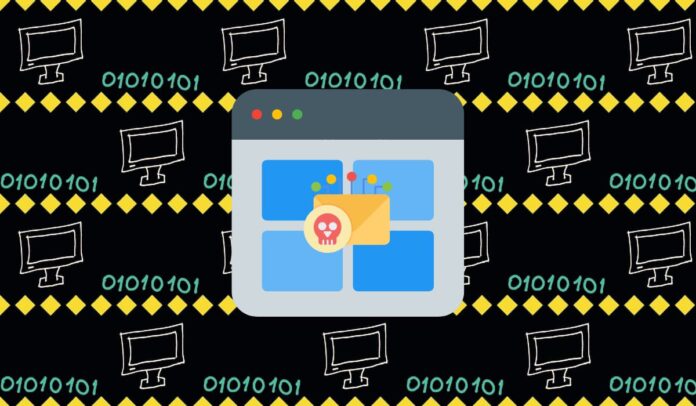[ad_1]
In the latest incident, according to Microsoft, the hackers exploited a compromised “legacy” test account to gain a foothold within the company’s corporate network.
In a concerning turn of events, Microsoft disclosed on Friday that a Russia-linked hacking group known as Nobelium gained access to the email accounts of several top executives, including members of the company’s senior leadership team. The attack, detected last week, raises concerns about potential espionage and the vulnerability of critical infrastructure.
The Attack and the Hackers
Nobelium, also known as Midnight Blizzard, is a cybercriminal group notorious for its involvement in the December 2020 SolarWinds supply chain attack, which compromised numerous government agencies and private companies.
In the latest incident, the hackers exploited a compromised “legacy” test account to gain a foothold within Microsoft’s corporate network. They then leveraged the compromised account’s permissions to access a small portion of employee email accounts, including those belonging to senior executives, cybersecurity personnel, legal staff, and others.
Microsoft’s Response and Potential Impact
While the full extent of the breach is still under investigation, Microsoft maintains that the attack did not involve vulnerabilities in their core products or services. Additionally, they assured customers that no customer data was compromised.
However, the potential consequences remain worrying. The accessed emails could contain sensitive information related to company strategies, intellectual property, and even government contracts.
“We are still investigating the incident and its full scope,” Microsoft stated in a blog post published on January 19, 2024. “We are working with law enforcement to understand the threat actors’ motives and take appropriate action. We are also taking steps to strengthen our security posture further and prevent similar attacks in the future.”
In a regulatory filing on January 17, 2024, Microsoft provided additional details of the cyber attack, stating the following:
“On January 12, 2024, Microsoft detected that beginning in late November 2023, a nation-state associated threat actor had gained access to and exfiltrated information from a very small percentage of employee email accounts including members of our senior leadership team and employees in our cybersecurity, legal, and other functions, on the basis of preliminary analysis.”
“We were able to remove the threat actor’s access to the email accounts on or about January 13, 2024. As of the date of this filing, the incident has not had a material impact on the Company’s operations. The Company has not yet determined whether the incident is reasonably likely to materially impact the Company’s financial condition or results of operations.”
Microsoft
Heightened Cybersecurity Concerns
This incident highlights the growing threat posed by state-sponsored cyberattacks. Experts warn that such attacks are becoming increasingly sophisticated and targeted, highlighting the need for robust cybersecurity measures across all sectors. Governments and businesses must prioritize investments in cybersecurity infrastructure and personnel to mitigate these risks.
The Microsoft email breach serves as a wake-up call for corporations and governments worldwide. As cyberattacks become more prevalent and sophisticated, cybersecurity must become a top priority. Continued vigilance, collaboration between stakeholders, and investment in advanced security solutions are crucial to building resilience against these evolving threats.
This developing story will likely continue to unfold in the coming days and weeks as more details about the attack emerge. We will keep you updated on any significant developments.
RELATED STORIES
- Microsoft Outlook Flaw Exploited by Russian Forest Blizzard Group
- Scammers Use Fake Ledger App on Microsoft Store to Steal $800K
- Microsoft Disables App Installer After Feature is Abused for Malware
- Chinese Group Storm-0558 Hacked European Govt Emails, Microsoft
- Microsoft: Hackers Sent 927K Phishing Emails with Malicious OAuth Apps
[ad_2]
Source link
